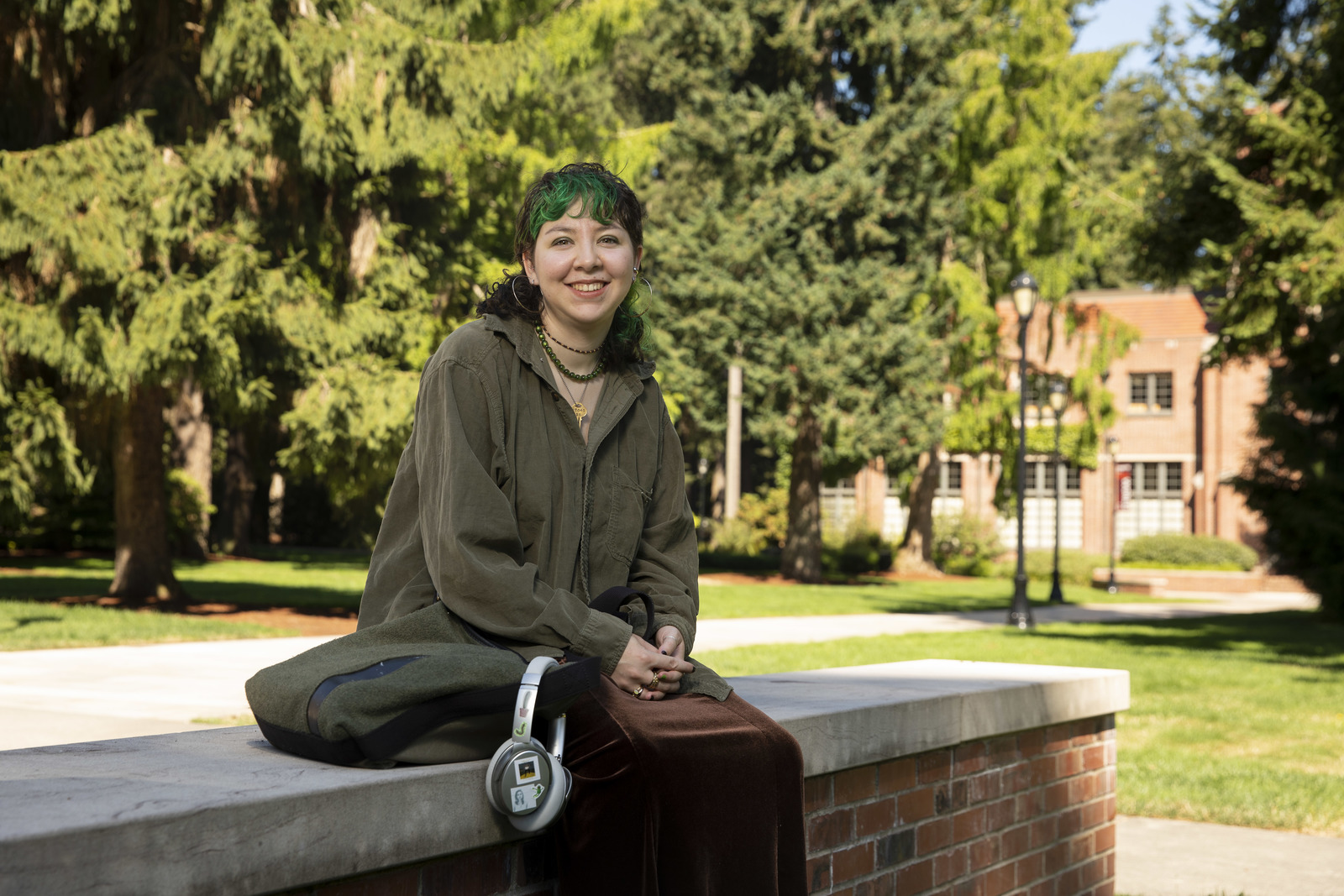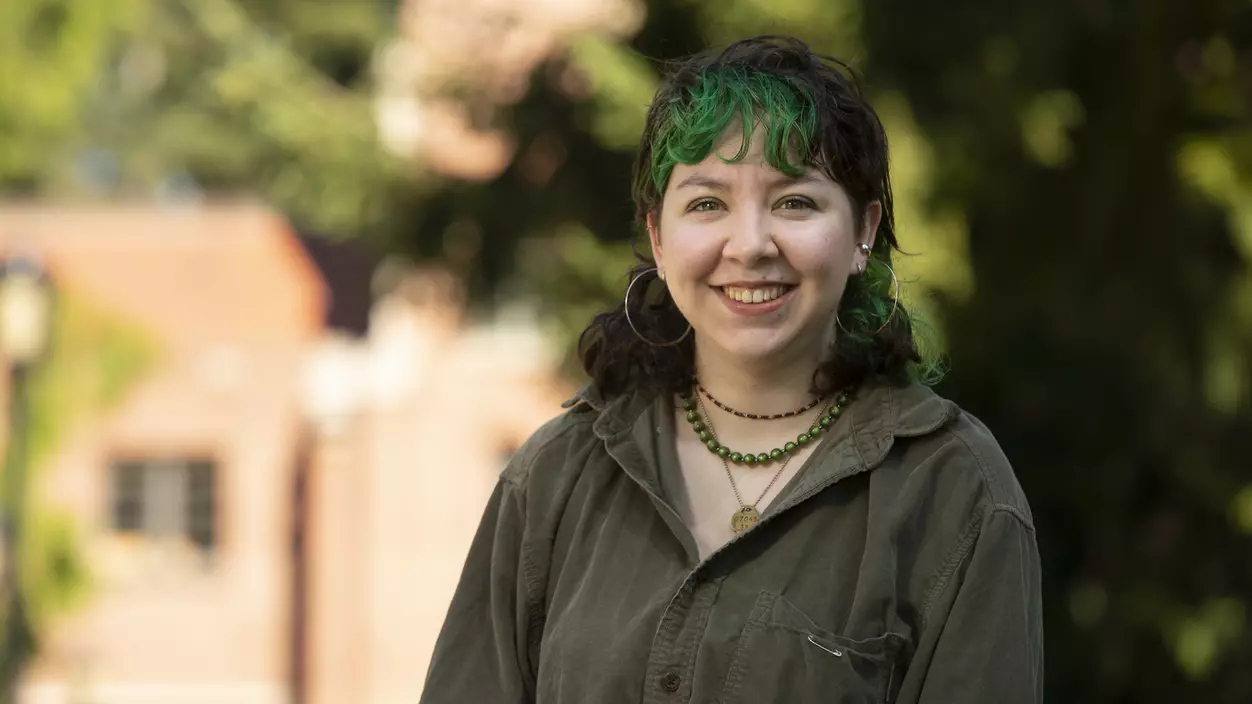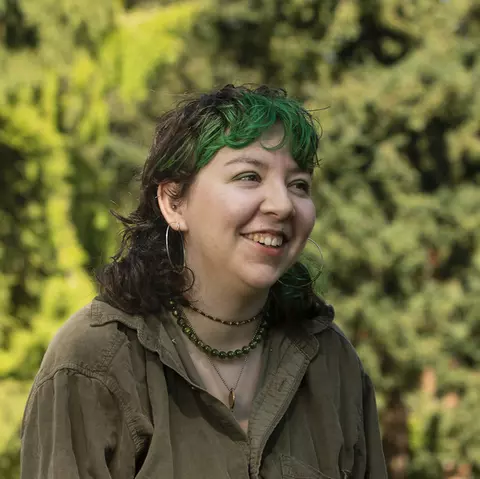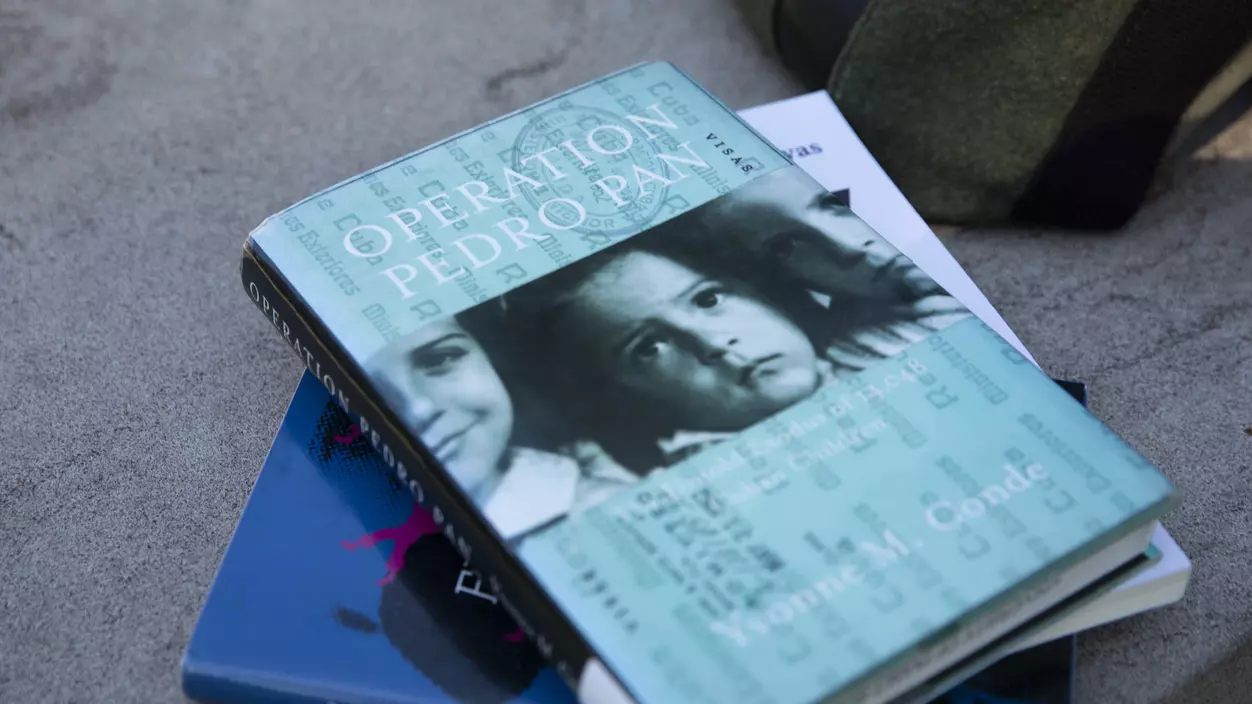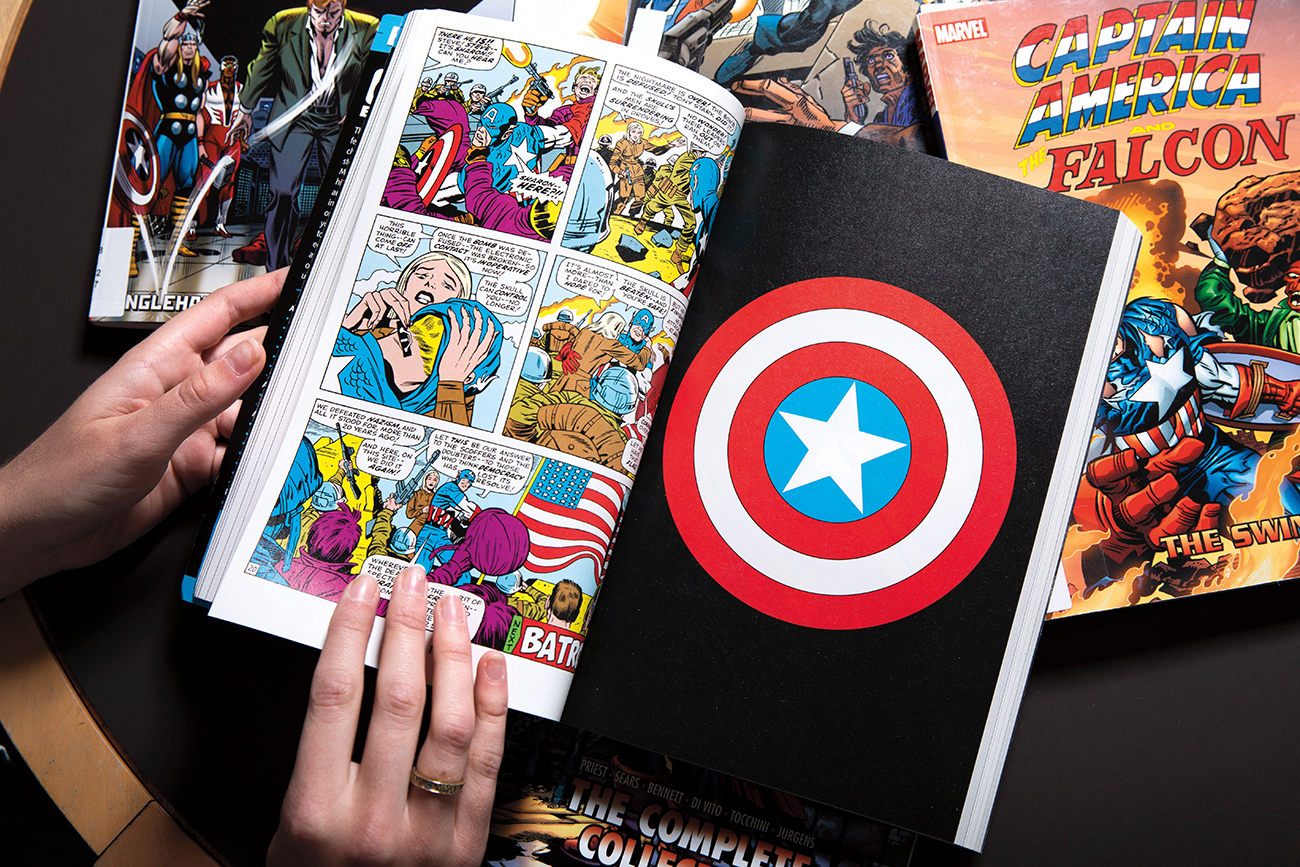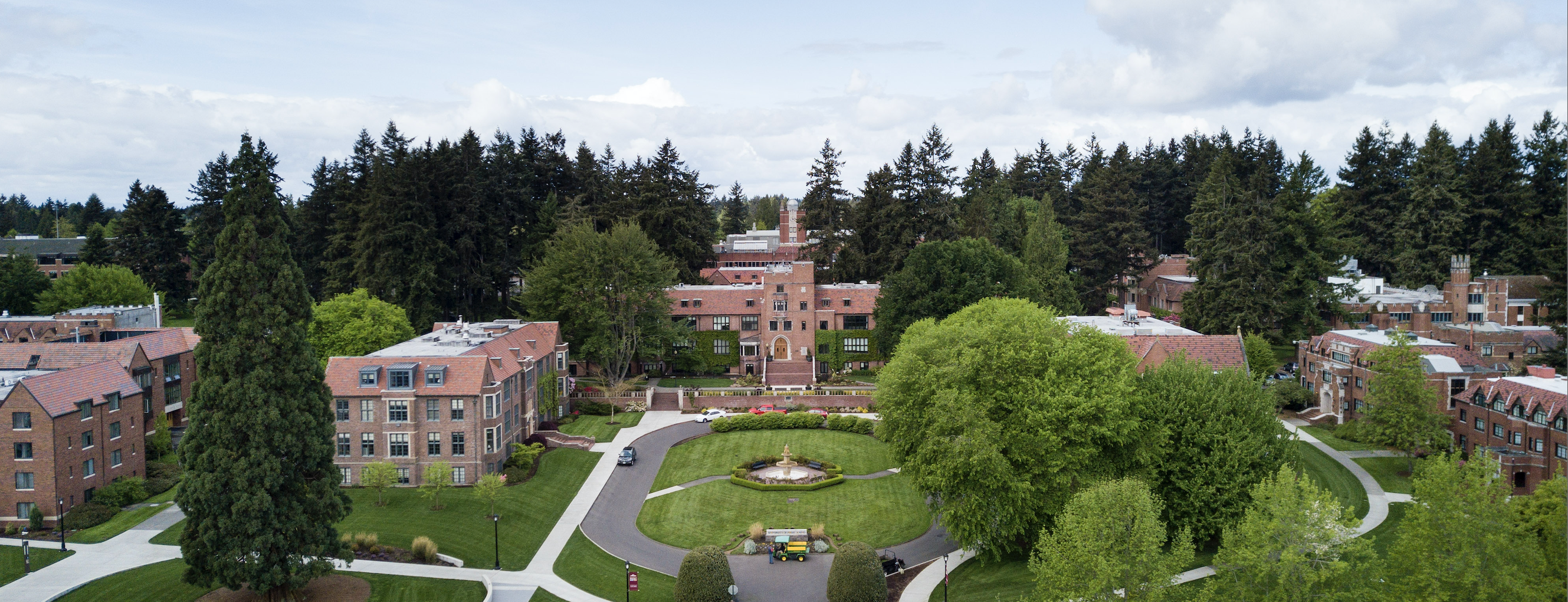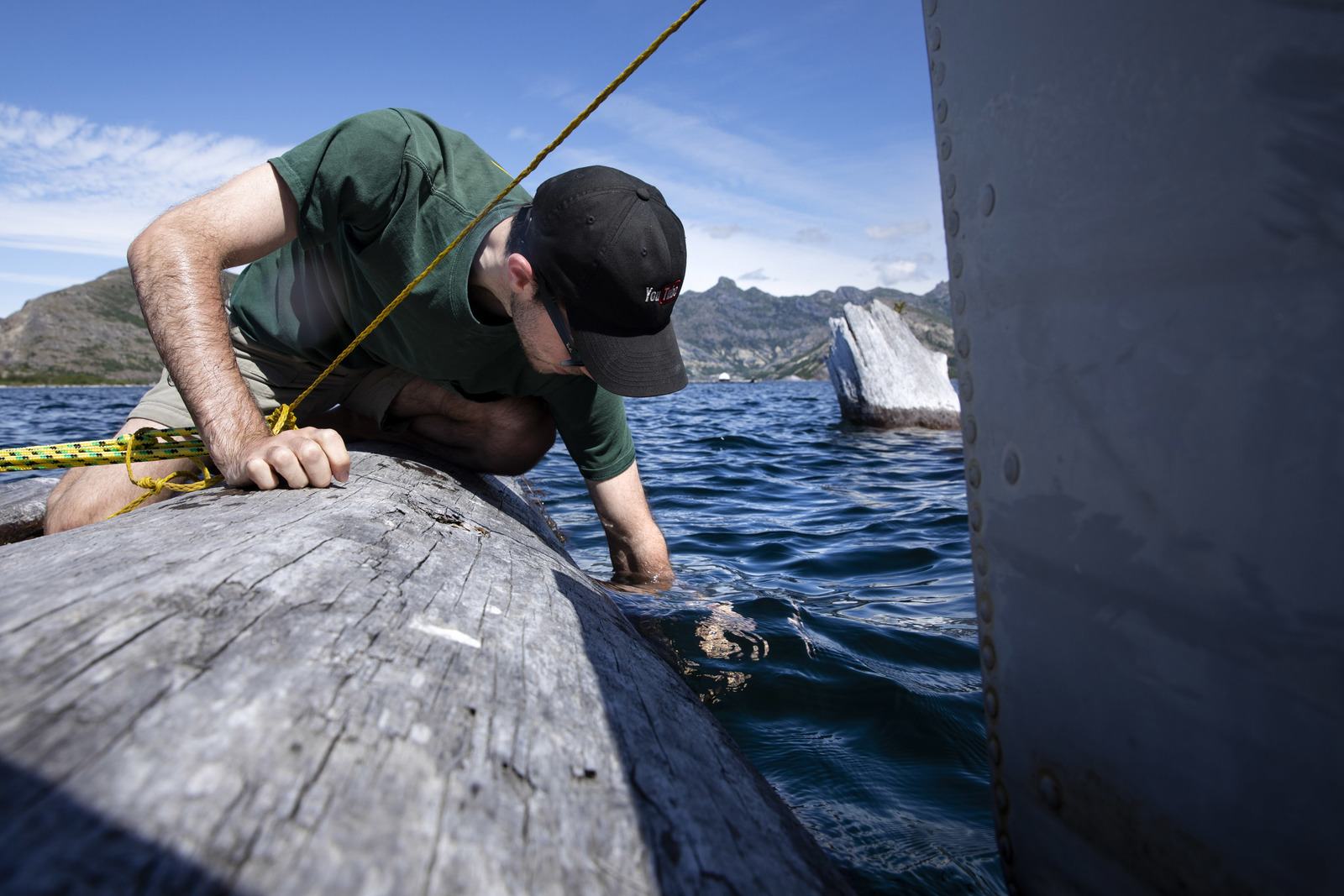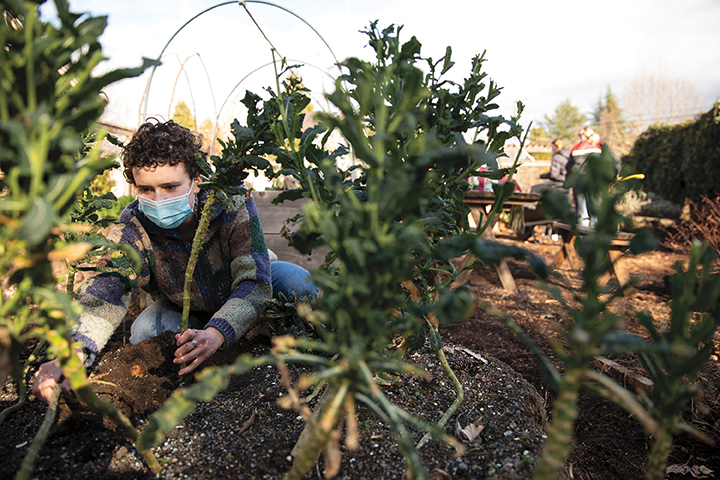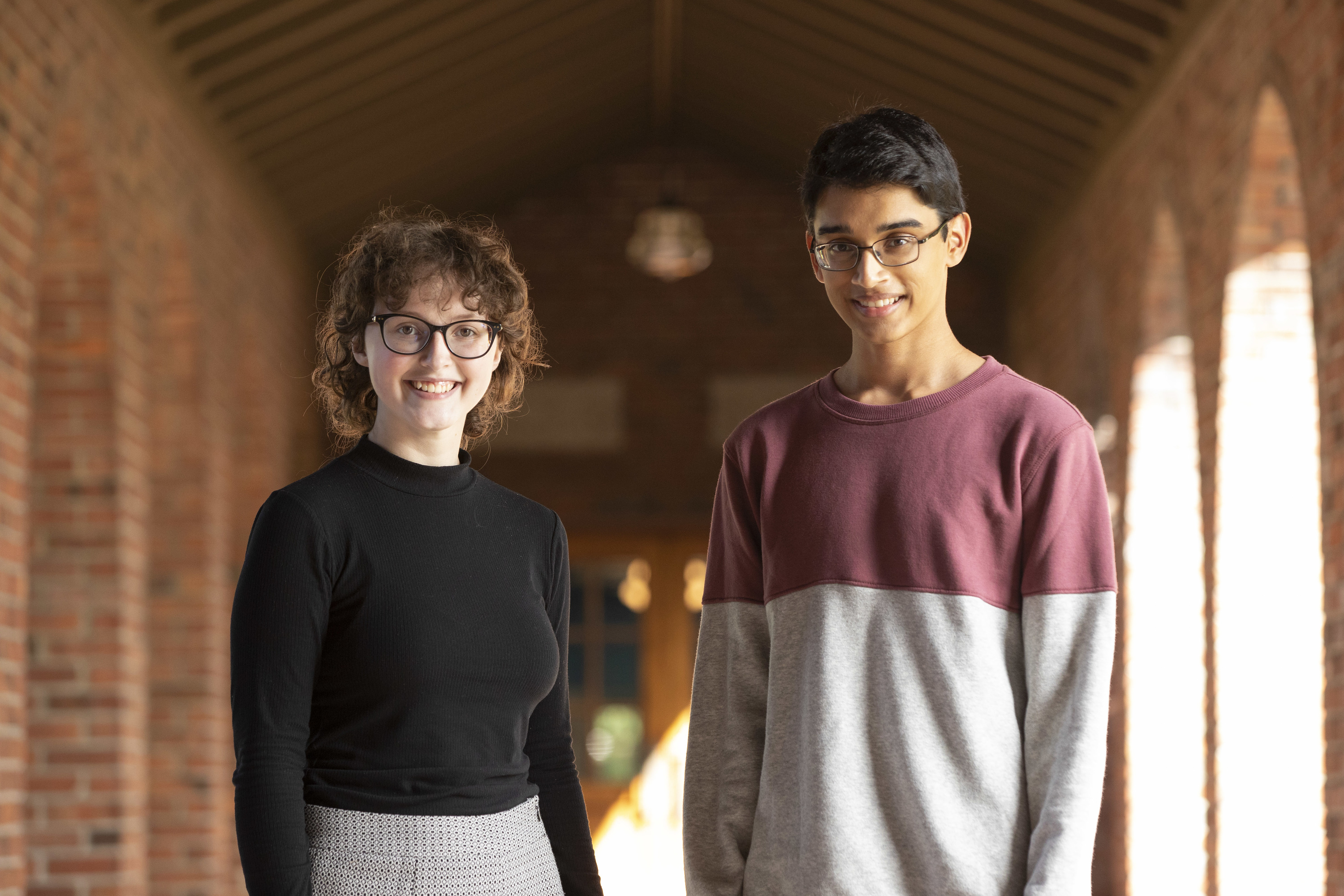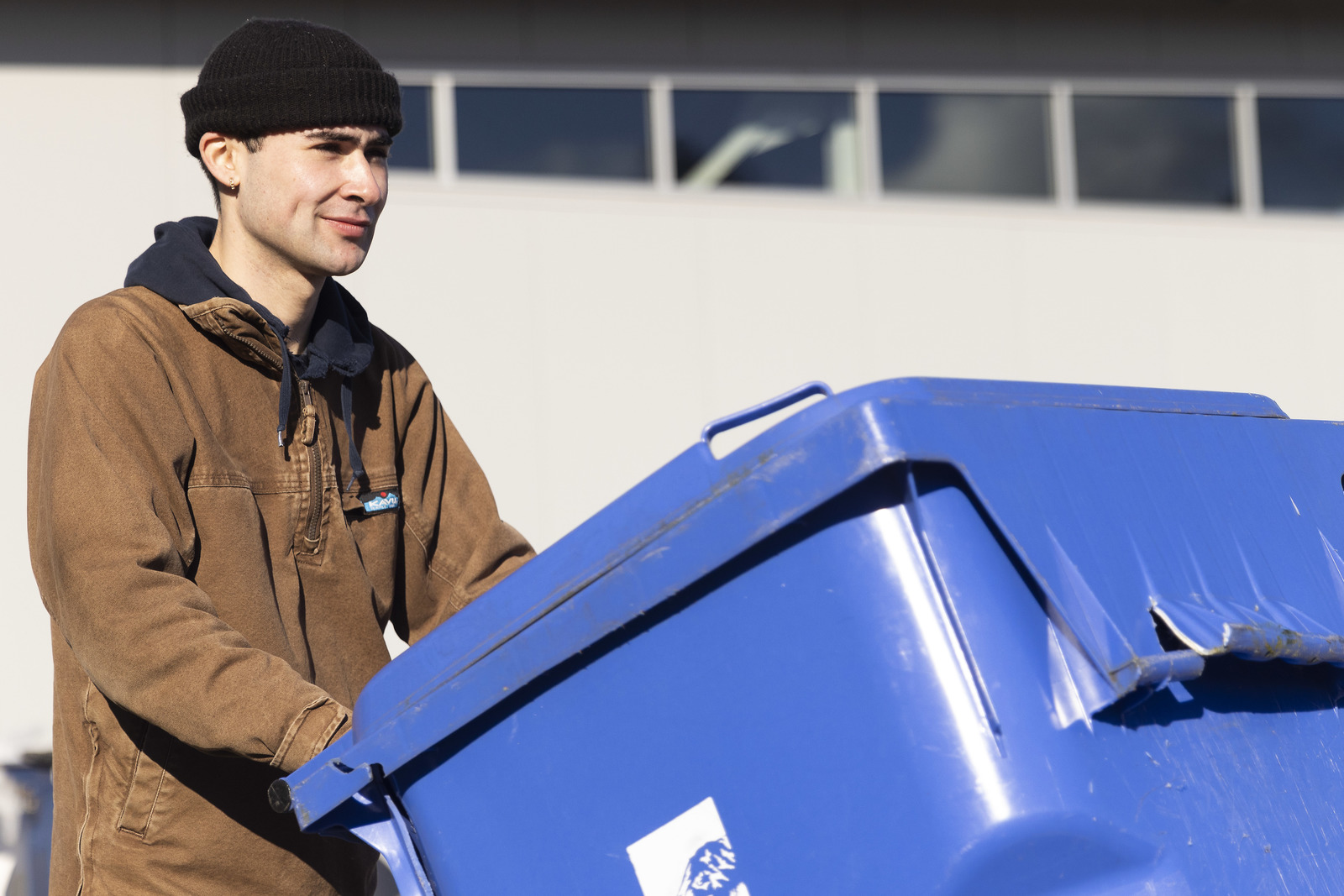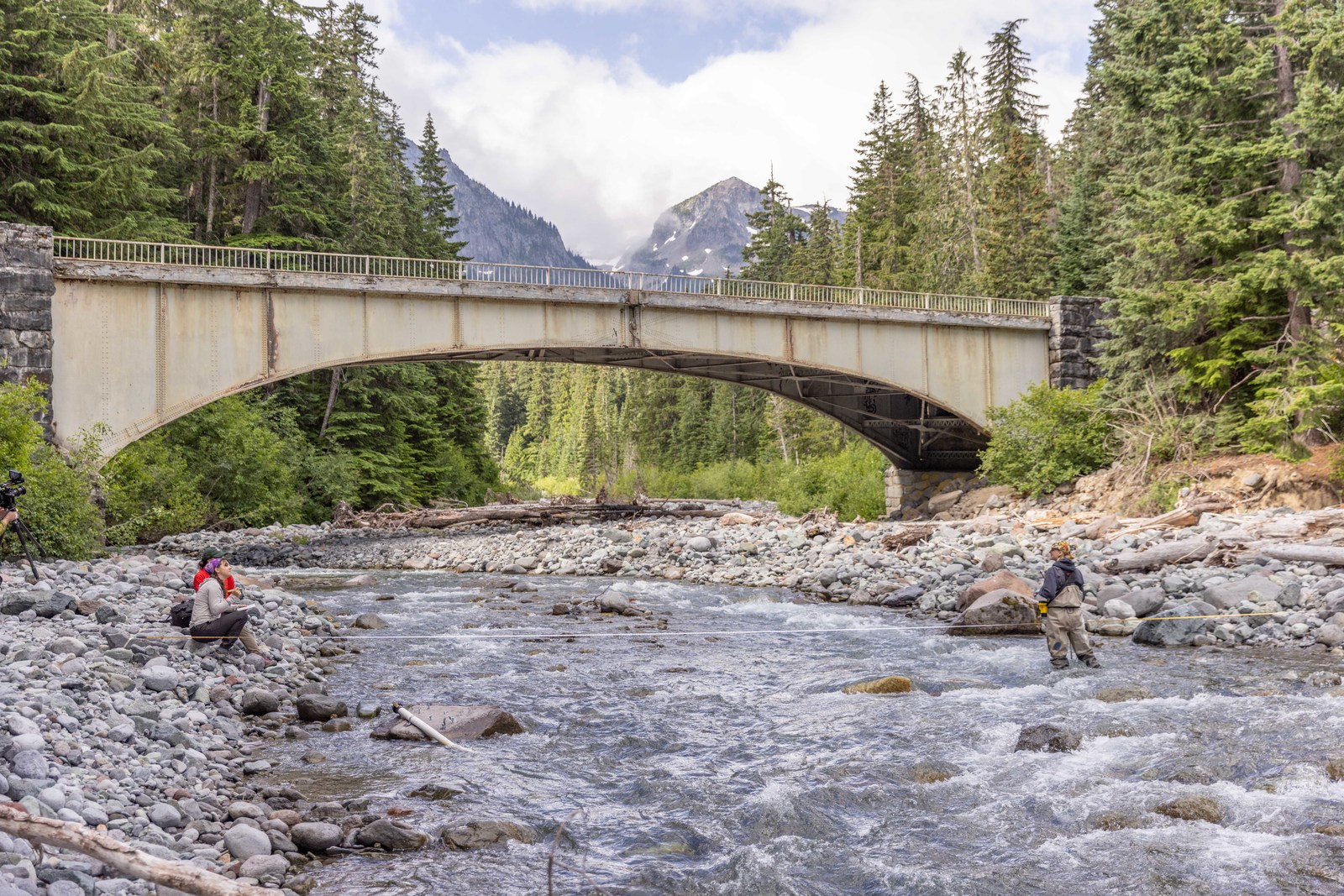Bella Rodriguez ’24 researches the legacy of Operation Pedro Pan in Portland, Ore.
Growing up in Portland, Ore., Bella Rodriguez ’24 was struck by the absence of Latino stories in the narrative of the city’s history. It wasn’t until she started studying history, environmental policy and decision making, and Latina/o studies at University of Puget Sound that she started to ask questions about the history of Latinos in Portland. That curiosity led her to dig deep into the city’s complicated racial history and uncover the story of the Cuban refugee community which sprang up overnight in the 1960s.
“My family is Dominican, but there's a lot of shared community in Portland between Dominicans and Cubans,” Rodriguez says. “I knew I wanted to research the history of the area, and my dad told me that there used to be a lot more Cubans here when he was growing up. That’s when I first heard about Operation Pedro Pan.”
